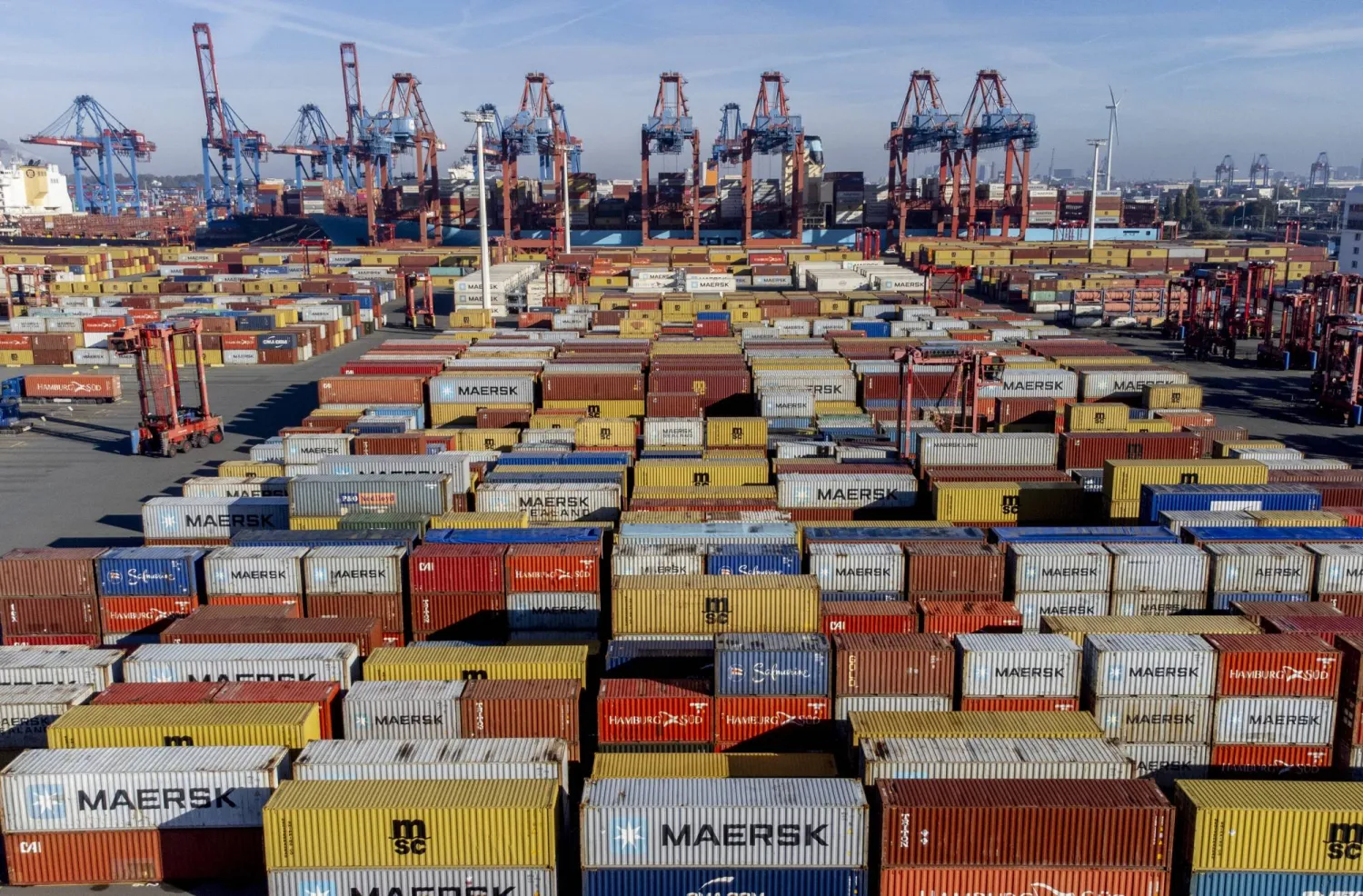The World Trade Organization on Thursday nudged up its forecast for global trade volumes this year and said a further pick up to 3% growth was likely in 2025, assuming Middle East conflicts are kept in check.
Global trade recovered this year from a 2023 slump driven by high inflation and rising interest rates, the WTO report said. In April, the global trade watchdog forecast a 2.6% increase in volumes, which it revised up on Thursday to 2.7%, Reuters reported.
"We are expecting a gradual recovery in global trade for 2024, but we remain vigilant of potential setbacks, particularly the potential escalation of regional conflicts like those in the Middle East," said WTO Director-General Ngozi Okonjo-Iweala in a statement.
"The impact could be most severe for the countries directly involved, but they may also indirectly affect global energy costs and shipping routes."
Israel's blitz against Lebanon's Hezbollah in recent weeks, following a year-long war against Hamas in Gaza, has stoked fears of an inexorable slide towards a pan-Middle Eastern war.
The WTO also cited diverging monetary policies among major economies as another downside risk for the forecasts. This "could lead to financial volatility and shifts in capital flows as central banks bring down interest rates," the report said, adding that this would make debt servicing more challenging for poorer countries.
"There is also some limited upside potential to the forecast if interest rate cuts in advanced economies stimulate stronger than expected growth without reigniting inflation," the WTO said.
WTO: Global Trade Could Climb 3% in 2025 if MidEast Conflicts Contained

FILE - Containers are piled up in the harbor in Hamburg, Germany, Wednesday, Oct. 26, 2022. (AP Photo/Michael Probst, file)

WTO: Global Trade Could Climb 3% in 2025 if MidEast Conflicts Contained

FILE - Containers are piled up in the harbor in Hamburg, Germany, Wednesday, Oct. 26, 2022. (AP Photo/Michael Probst, file)
لم تشترك بعد
انشئ حساباً خاصاً بك لتحصل على أخبار مخصصة لك ولتتمتع بخاصية حفظ المقالات وتتلقى نشراتنا البريدية المتنوعة







